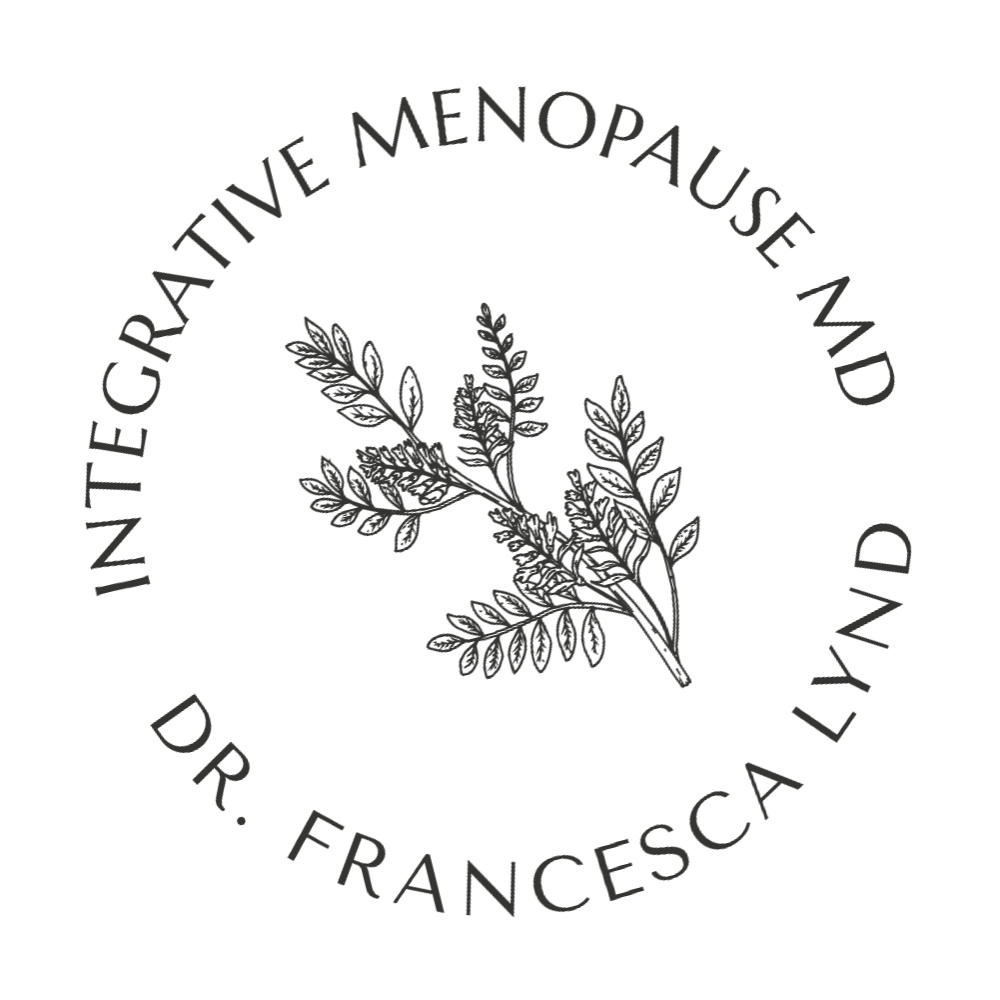When should peri-menopausal women consider fish oil supplements?
Aug 22, 2023
To start with, what is fish oil?
Fish oil is typically a blend of two omega 3 fatty acids. From here on we’ll just call them DHA and EPA.
Many peri-menopausal woman are aware of the benefits of omega 3 fatty acids from their pregnancies. Doctors recommend a DHA supplement for the baby’s eye and brain development. DHA is so important that it was added to many infant formula brands since 2002 (female physiology is very efficient at concentrating DHA in breast milk). After pregnancy, not much is said by doctors about omega 3’s. That is until cardiovascular issues pop up later in life. At that time, the omega 3 that you hear about is EPA. EPA is often recommended for cardiovascular disease prevention and there is even a prescription EPA that some doctors prescribe.
The time gap between baby making and cardiovascular disease…
Omega 3 fatty acids are found in your food. The omega 3 fats are critical for your body to function at the molecular level. Your intake of omega 3 fats may impact your cardiovascular health, inflammation, and anti coagulation (stopping blood clots from forming). Because of this, omega 3’s have been shown to help prevent heart disease and stroke. Due to the anti inflammatory effect, omega 3 fats may impact eczema, rheumatoid arthritis and lupus (autoimmune diseases). They have also been linked to improved weight management and brain health.
Do we eat enough Omega 3’s?
No, we do not. We can do better though. Remember, it is always best to get your nutrients through real food. More on this in a minute. Supplements are just to supplement ie “top off” what you do not get from food.
Choices, choices…
Due to the different omega 3’s —DHA and EPA that have different effects, you may want to consider your ratio of DHA to EPA.
DHA for brain health. Choose a fish oil supplement ratio that favors DHA.
EPA for cardiovascular and immune health. Choose a fish oil with more EPA than DHA.
Great! Now how much?
Well this will depend on how much you get from your diet so this is quite variable.You may want your doctor to check an omega 3 fatty acid level to see how far off you are. Work with your doctor on chosing the best test as many labs do not test RBC omegas though this can be ordered online (not through insurance). Once you know this, you will be more informed on dosing needs.
Is this you?
“There are so many fish oil supplements to choose from and the last one caused fish burps so I quit taking it!”
Remember: Not all supplement products are equal.
Look for a third party certification. The International Fish Oil Standard or IFOS label is a good place to start. Seeing IFOS on the label is a decent way to assure purity and avoid the fish burps.
https://certifications.nutrasource.ca/certified-products?type=certification&value=IFOS
Sustainability is a REAL PROBLEM. In a nutshell, The sun feeds the plankton, then the “bottom feeders” (anchovy, krill etc) eat plankton, larger fish eat “bottom feeders”, largest fish eat large fish, Ginormous fish eat the largest fish etc etc. Humans harvest the “bottom feeders” most commonly for not just fish oil production but also for livestock feed and farmed fish feed. As you can imagine, it’s a lot of harvesting of very tiny fish which eventually impacts the ocean ecosystem by reducing the number of larger and larger fish.
It's best to eat a variety of sizes of wild caught fish.
Wild caught salmon has >700mg omega 3’s in only 3 ounces!!
“But I don’t like fish!”
Well that is probably because you had bad fish, the wrong fish or poorly cooked fish. Fish is trickier to prepare. But please don’t give up. That said, while you are developing your palate, there are other options…
Such as plants. Plants have polyunsaturated fats. Just not as much as fish. Eat chopped walnuts, chia or flax daily. Sprinkle over your food, you won’t even realize you did something healthy for yourself.
Fun fact: eggs from chickens fed purslane (a plant high in omega 3) have high omega 3 levels which is a sustainable option. These free range chickens lay eggs higher in omegas than conventionally raised (ie corn based feed) chickens. Keep in mind, the industry has started using fishmeal and fish oil to supplement the conventional feed. Thus circling back to the sustainability issue. The chickens that eat this feed though, do have higher omega levels and pass this into their eggs.
Take home…
Free range is better than organic which is better than conventional. Even better, get eggs from a local farmer and ask what their chickens ate. Talk to the farmer about purslane:)
Summary:
Fish oil contains omega 3 fats.
Omega 3’s are good for you.
Try to get omega 3’s from food.
Supplement only if you need to and do so safely and sustainably.
This is very basic advice and intended for educational purposes only. You should work closely with your health care provider to make sure fish oil is appropriate for you and that it is not interacting with any other medications that you may be taking.
Wellness always,
Integrative Menopause MD

